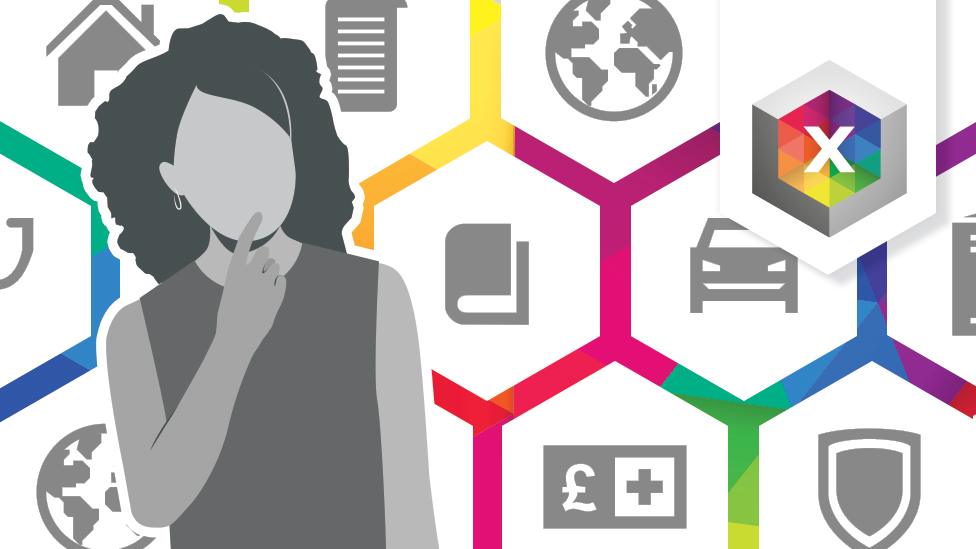General election 2019: IFS 'wrong' on Labour tax plans, says John McDonnell
- Published
- comments
John McDonnell said the IFS had "got it wrong this time"
The Institute for Fiscal Studies "got it wrong" when it described Labour's tax plans as "not credible", the shadow chancellor has said.
John McDonnell rejected analysis by the independent research group that said the party's manifesto pledges required broader tax rises than it had outlined.
He insisted 95% of people would pay no more tax than they do now.
Mr McDonnell also denied the suggestion that raising corporation tax would mean wage cuts and higher prices.
Labour's 105-page general election page manifesto, external promises to "transform the UK" with a £75bn house building programme and the renationalisation of the railways, mail, water and energy - funded by tax increases on higher earners and reversing corporation tax cuts.
The pledges would add £83bn to annual government spending by 2024.
The IFS said there were "risks" with Labour's plans, with its director Paul Johnson adding: "It will be extremely hard simply to deliver anything like this scale of increase in capital spending, at least in the near-term, certainly in an efficient and cost-effective way."
But Mr McDonnell told BBC Radio 4's Today programme: "I've a great deal of respect for the IFS... I just think they've got it wrong on this one.
"What we're saying is in terms of income tax, yes the top 5% will pay a bit more - and actually not a great deal more but they'll pay a bit more. The [other] 95% of earners will not pay an increase in the income tax rates or in VAT or in National Insurance."
He said Labour was proposing to "reverse some of the corporation tax cuts that have been given away by the Conservatives and Liberal Democrats over the last 10 years", but the rate would remain "competitive".
'Think for the long term'
The shadow chancellor added: "With the structural changes we will make in the economy, we'll make sure that actually the corporations themselves do not take that easy option of cutting wages or rising prices, but actually because we're democratising the way these corporations work and are more accountable, they will actually invest in their companies.
"Instead of being driven by short-term profiteering and shareholder interest only, they will think for the long term, invest and grow the economy."
Speaking on BBC Breakfast, Mr McDonnell said the the IFS assessment had also been "challenged by economists across the piece".
He also confirmed a Labour government would give workers the right to withdraw their labour alongside other striking unions.
But questioned on whether this meant the party was planning to overturn legislation barring "secondary picketing" - where strikers go to the premises of a firm that trades with their employer, but is not otherwise involved in the dispute - Mr McDonnell said: "No, no we're not."

Watch the BBC Question Time leaders' special
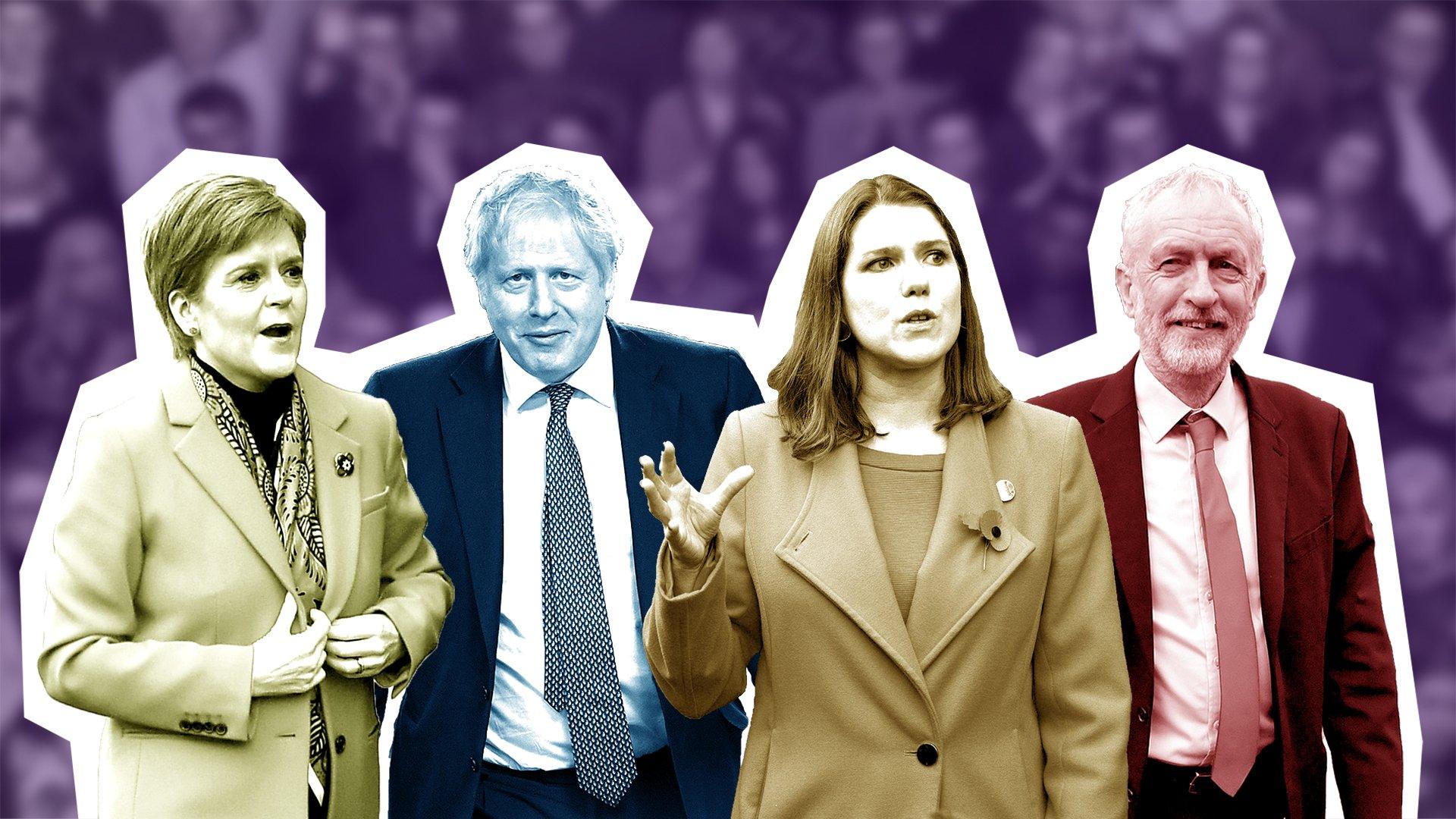
On BBC One and on iPlayer from 19:00-21:00 GMT
On BBC News Channel and on iPlayer 18.30-22.00 GMT, with specialist correspondents and extra spin room analysis
On the BBC News website live page
Read our guide to the Question Time special

Labour is locked in a battle with the Conservatives - who are also promising to borrow money to spend on public services - in seats across the Midlands and the north of England.
Responding to the manifesto launch, the Conservatives said: "A Corbyn-led government would mean higher taxes, the chaos of two more referendums, and frightening levels of debt."
A spokesman added that "hardworking taxpayers" would be left to "foot the bill".
Lib Dem Brexit spokesman Tom Brake said Labour's wider plans would be "badly damaged" if the party took the UK out of the EU.
He added that "the extensive plan of nationalisation" would "keep government locked down for years".

CONFUSED? Our simple election guide, external
POLICY GUIDE: Who should I vote for?, external
REGISTER: What you need to do to vote

--
- Published22 November 2019
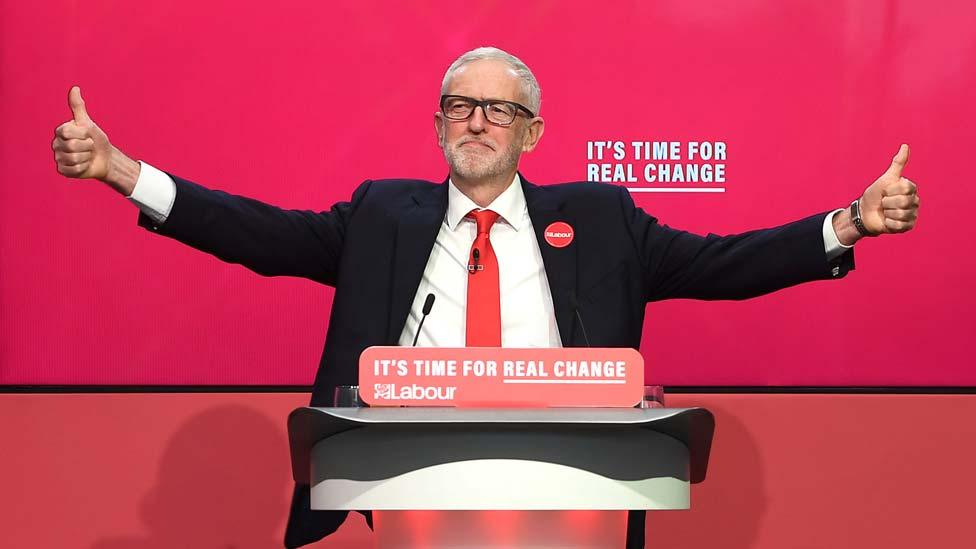
- Published21 November 2019
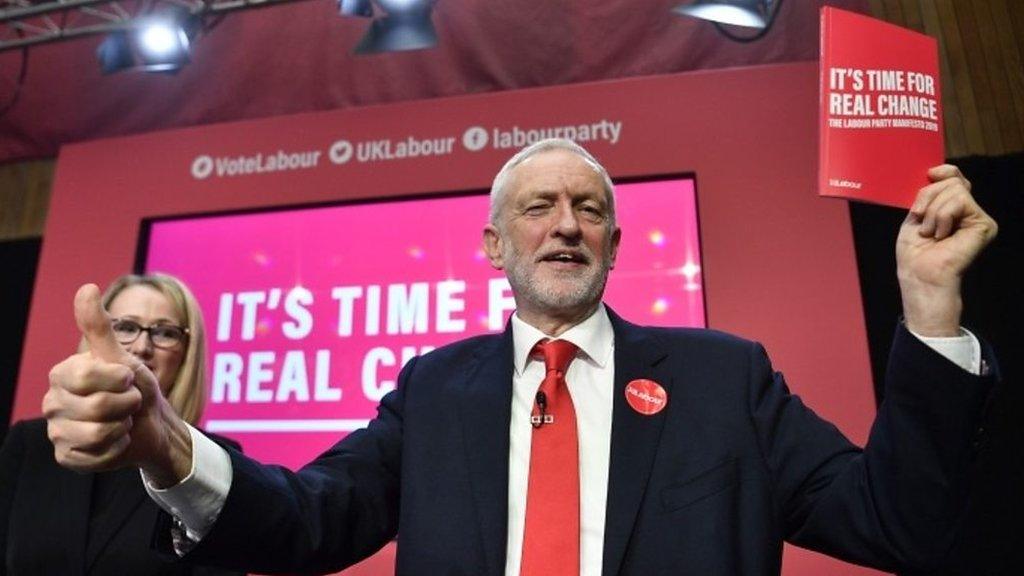
- Published21 November 2019
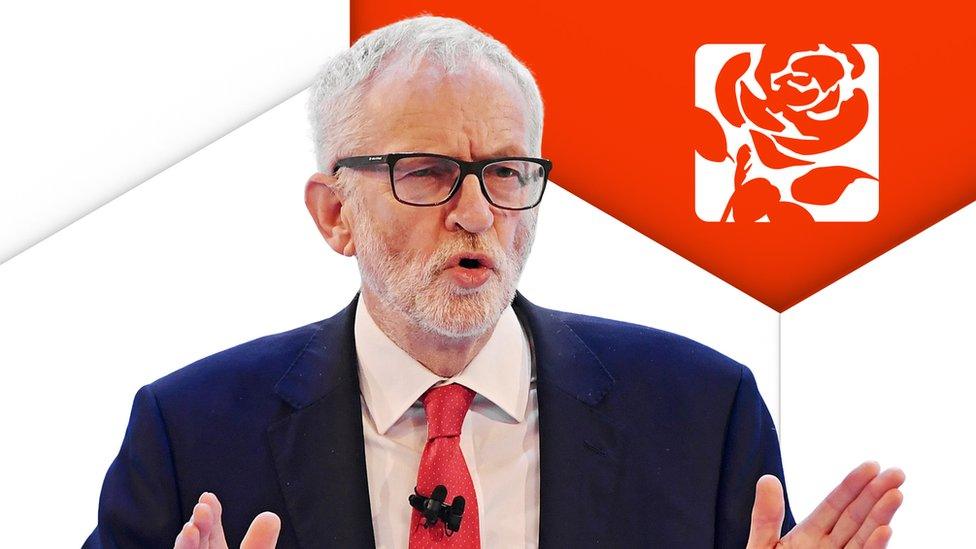
- Published21 November 2019
- Published11 December 2019
